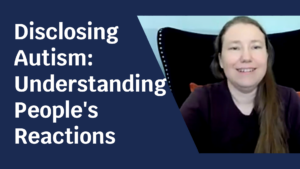
Disclosing Autism: Understanding People’s Reactions to Disclosing you’re Autistic
People can often have upsetting reactions when you tell them you’re Autistic. Here’s why I think those reactions happen, and why it doesn’t have to be the end.

People can often have upsetting reactions when you tell them you’re Autistic. Here’s why I think those reactions happen, and why it doesn’t have to be the end.
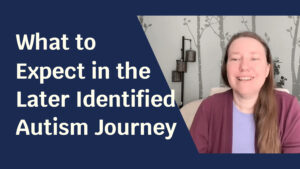
The 5 stages people predictably go through after figuring out as an adult that you’re autistic.
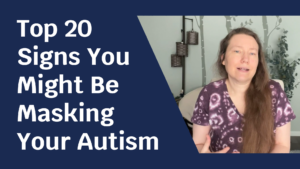
Here are the top 20 signs from everyday life that you might be masking your autism.
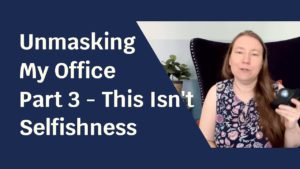
Here’s the third part of a story of what started as a small change led to a big Autistic unmasking journey around how I work and set up my office.
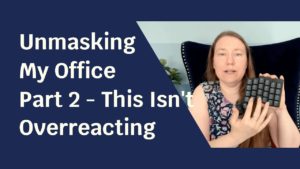
Here’s the second part of a story of what started as a small change led to a big Autistic unmasking journey around how I work and set up my office.
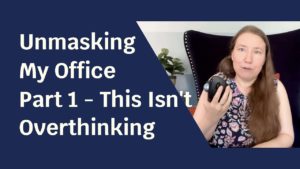
Here’s the first part of a story of what started as a small change led to a big Autistic unmasking journey around how I work and set up my office.
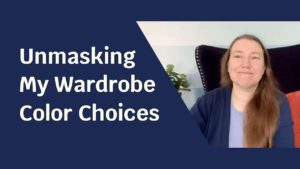
I recently found another way I’ve been masking without realizing it. Here’s me talking through how I realized this and let this mask drop away.

If you want to unmask, how do you do that safely? And how can you tell when it’s safe to unmask, and to what extent? Here are some principles to tweak things in your favor.


Masking and unmasking is a weird equation, and there’s a lot to take into account when doing them.




Here are 20 examples of masking in real life. Do you do any of these things? If you resonate with several of them, you might be masking.


Social skills can be learned. Yes, even by autistic people. But they aren’t often taught to us autistics in the way that autistics learn them.


Yesterday I wore makeup to make a short video. The consequences reminded me of just how strongly my senses effect everything in my life.
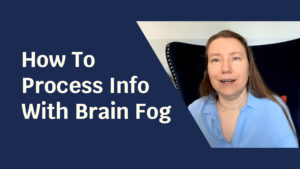

If you’re having a real rough time processing information because of brain fog or burnout, here’s a few pieces of advice.
We don’t spam or sell. Promise. Unsubscribe at any time.
Read our privacy policy here.
The information on this site is not intended or implied to be a substitute for psychotherapy, medical advice, diagnosis, or treatment.
© 2020-2024 Autism Chrysalis LLC.